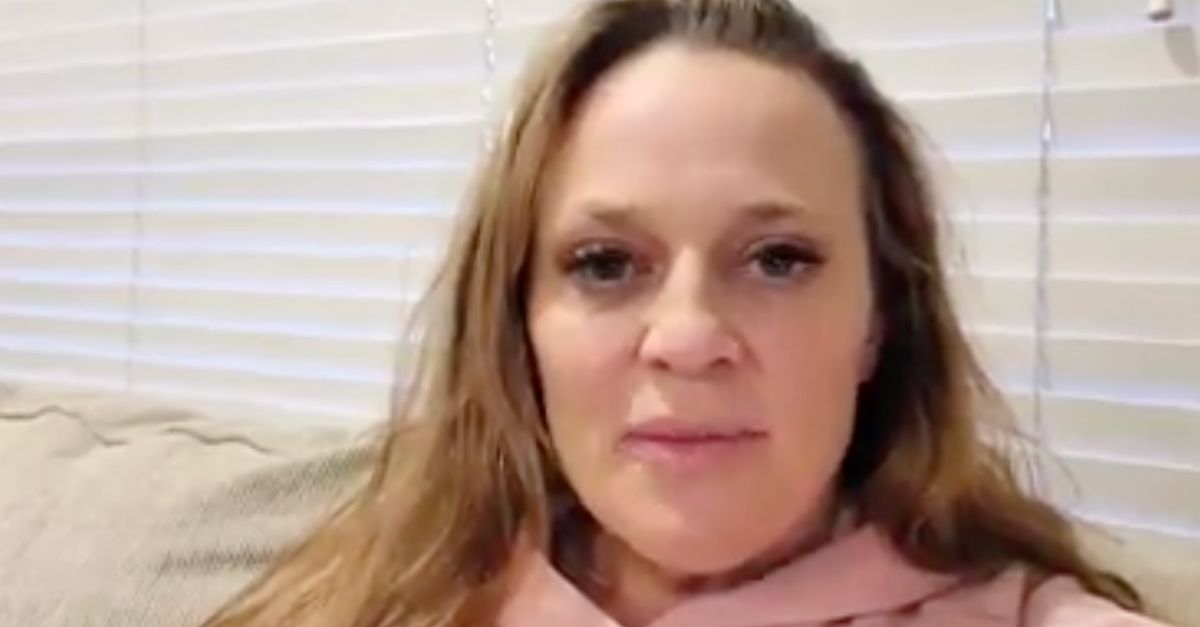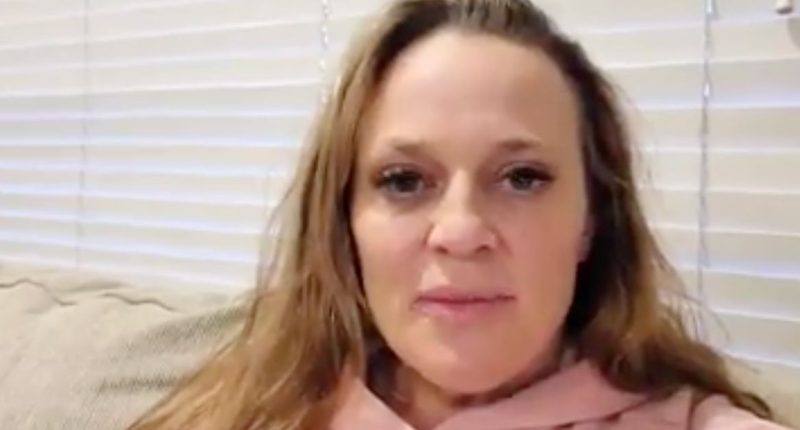
Melynda Vincent (screengrab via Utah Harm Reduction Coalition).
A social worker who is a single mom cannot legally obtain a gun due to her 2008 felony conviction for writing a fraudulent check, ruled a federal appeals court Tuesday.
Melynda Vincent was convicted of federal bank fraud after writing a bad check for $498.12 at a grocery store in 2008. At the time, Vincent was homeless and addicted to methamphetamine. She pleaded guilty and was sentenced to probation. Since then, Vincent has graduated from a drug treatment program, earned a college and two graduate degrees, began work as a social worker, and founded the Utah Harm Reduction Coalition — a substance abuse treatment center.
Vincent’s felony conviction, however, prevents her from owning a firearm under both federal and Utah state law.
Vincent sued over her gun rights in 2020, but her case was dismissed in October 2021. However, Vincent appealed after the U.S. Supreme Court handed down its 2022 ruling in New York State Rifle & Pistol Association v. Bruen. The 10th Circuit sided with the district court and affirmed the dismissal in September 2023, and then affirmed again in June 2024, following the U.S. Supreme Court’s decision in United States v. Rahimi.
In the 8-1 ruling in the Rahimi case, Chief Justice John Roberts wrote that some lower courts had “misunderstood the methodology” of the Court’s recent Second Amendment cases and said that Bruen should be read more narrowly. The Court’s ruling upheld a federal law restricting domestic abusers from possessing firearms.
Vincent appealed the 10th Circuit’s ruling to the Supreme Court which vacated the 10th Circuit’s findings and ordered the appellate panel to review the case in light of Rahimi. The panel consisted of U.S. Circuit Court Judge Robert Bacharach, a Barack Obama appointee, Senior U.S. Circuit Judge Paul Joseph Kelly, Jr., a George H.W. Bush appointee, and U.S. Circuit Judge Joel Carson, a Donald Trump appointee.
After reconsideration, the panel again unanimously upheld the government’s ability to deprive convicted felons of gun ownership.
Vincent’s argument that the Second Amendment protects nonviolent offenders like herself failed, because the circuit court declined to draw a distinction between the kinds of felonies involved. Under applicable precedent, the panel said, § 922(g)(1) — the federal “felon in possession” statute—prohibits all individuals convicted of a felony from lawfully owning a gun.
Writing for the panel, Bacharach acknowledged that the court’s ruling conflicted with one by the U.S. Court of Appeals for the Sixth Circuit on the same issue. Bacharach reasoned that the 10th Circuit’s ruling from a 2009 case still stands as precedent, and under that ruling, prohibitions on possession of firearms by felons are presumptively lawful.
You can read the panel’s full ruling here.




